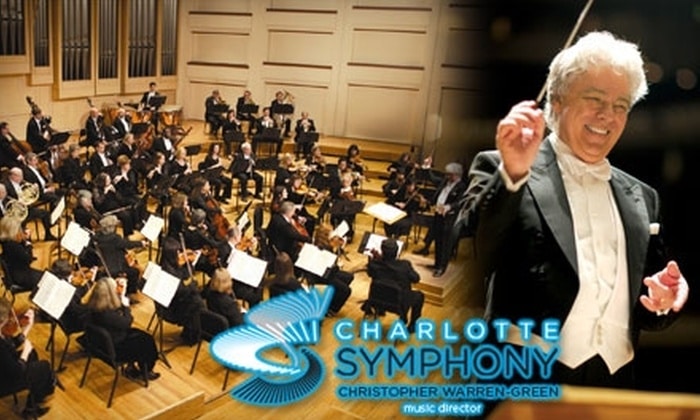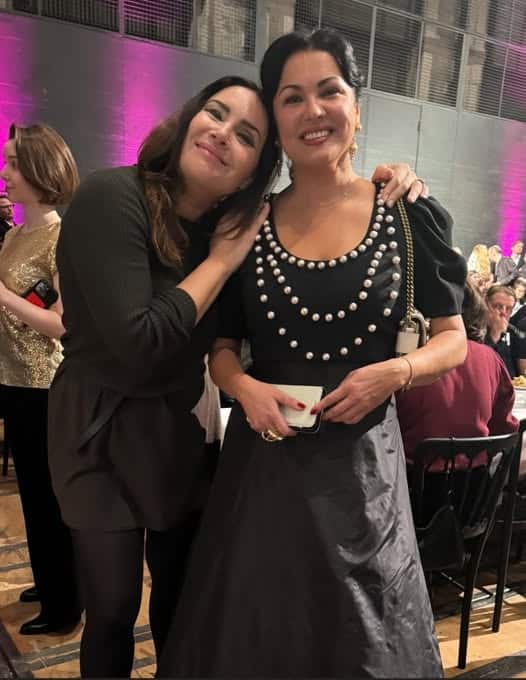US orchestra will not read player resumés
NewsThe Charlotte Symphony in North Carolina is seeking to broaden its admission base.
Here‘s how it will work:
There will be no pre-screening of resumes and an automatic advancement beyond the first round of applicants who participate in The Sphinx Orchestral Partners Auditions, based in Detroit. “By not eliminating people at the initial stages removes one potential disqualifier of talented players,” (CEO David) Fisk said. The Sphinx allows Black and Latinx orchestral musicians to audition for a panel representing dozens of orchestras for placement opportunities, according to the social justice organization’s website. The Sphinx has become known to be a leader in attracting musicians of color into the classical music field, Fisk said.
Your thoughts?






Comments